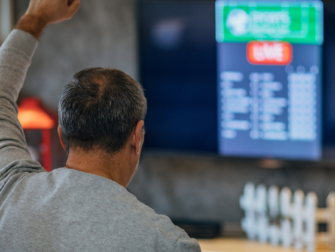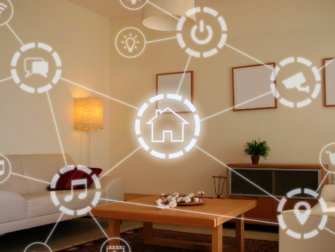The human brain is the most complex object in the known universe. It is filled with billions of cells called neurons, which constantly communicate with each other through electrical impulses. These signals allow our bodies to function, remember things, and change as we age.
Deep longevity, a company that develops artificial intelligence to detect information life and extend beneficial longevity, announced today the release of the first AI-powered emotional old age clocks to analyze and understand the social and emotional factors of aging.
What Is Deep Longevity?
Deep longevity is a technology company founded and led by a team of world-leading scientists. We apply cutting-edge technology to empower physicians, empower the patient, and redefine what is possible for longevity.
The first study to decipher the biological origins of psychological aging in women has found that women’s biological age is, on average, six years older than their chronological age. In an age where women are living longer, healthier lives, the biological aging process is happening later in life.
Among the most significant recent advances in longevity, research are biomarkers of aging, which can accurately measure the living person’s process of aging using varied biochemical data types and are usually referred to as “aging clocks.” Deep Longevity scientists, for example, authored but one aging clock DNA barcode methylation in November, which outperformed all other equivalent solutions.
How Accurate Is Aging AI?
Today, artificial intelligence (AI) has matured to the point where people from different age demographics can fairly accurately pass for one another. So, how well do AI algorithms age? And how much can they deteriorate before they are no longer convincing? Well, it turns out that these questions are complicated—and there is not really a “right” answer.
Artificial intelligence is everywhere, and it is getting better all the time. But while earlier models were capable of learning certain types of information, such as how to play chess, the way AI learns and predicts has progressed to the point at which it can now answer some of life’s more difficult questions: “When will I die?” “Am I eligible for a loan?” “Should I go out on a date with this person?”
In What Way Does AI Contribute to Psychology?
AI is revolutionizing every industry, and psychology is no different. The discipline of AI has contributed to psychology in many ways, but the most notable is by demonstrating the effectiveness of machine learning. Machine learning is a type of AI, although it has been referred to as the study of pattern recognition and computational learning. To put it simply, computers learn from data without human intervention.
AI is impacting countless aspects of our lives, from how we hail a cab to how we work, and it is also set to transform the field of psychology. While it has been a fringe topic within the field, in recent years, it has become more and more central to psychological research, as well as a topic for debate among practitioners. But there remains a lot of confusion around what AI actually is, how it can contribute to psychology, and how it is different from related technologies—such as machine learning—that are already widely used in the field.
Can Psychologists Work In AI?
Artificial intelligence is a popular topic these days. It is everywhere in the news, discussing everything from autonomous vehicles to smartphone settings. But rarely do we hear about what artificial intelligence means for mental health.
Whether or not psychologists should build, use, or advise companies or governments in the development of AI represents one of the most pressing questions facing the profession today, as developments in artificial intelligence have the potential to reshape modern life. People are capable of developing technology to serve themselves, and the technology we create should ultimately serve humanity.
Most of us would prefer to stay young forever—and as it turns out, we may actually be able to. Scientists have developed the first psychological aging clock, which they hope will eventually be able to assess exactly how old the human brain is.
It is comforting to know our psychological aging clocks are ticking, just like everyone else’s. The clocks are based on the theory that the personality traits we exhibit as we get older are directly linked to the way our brains work.



